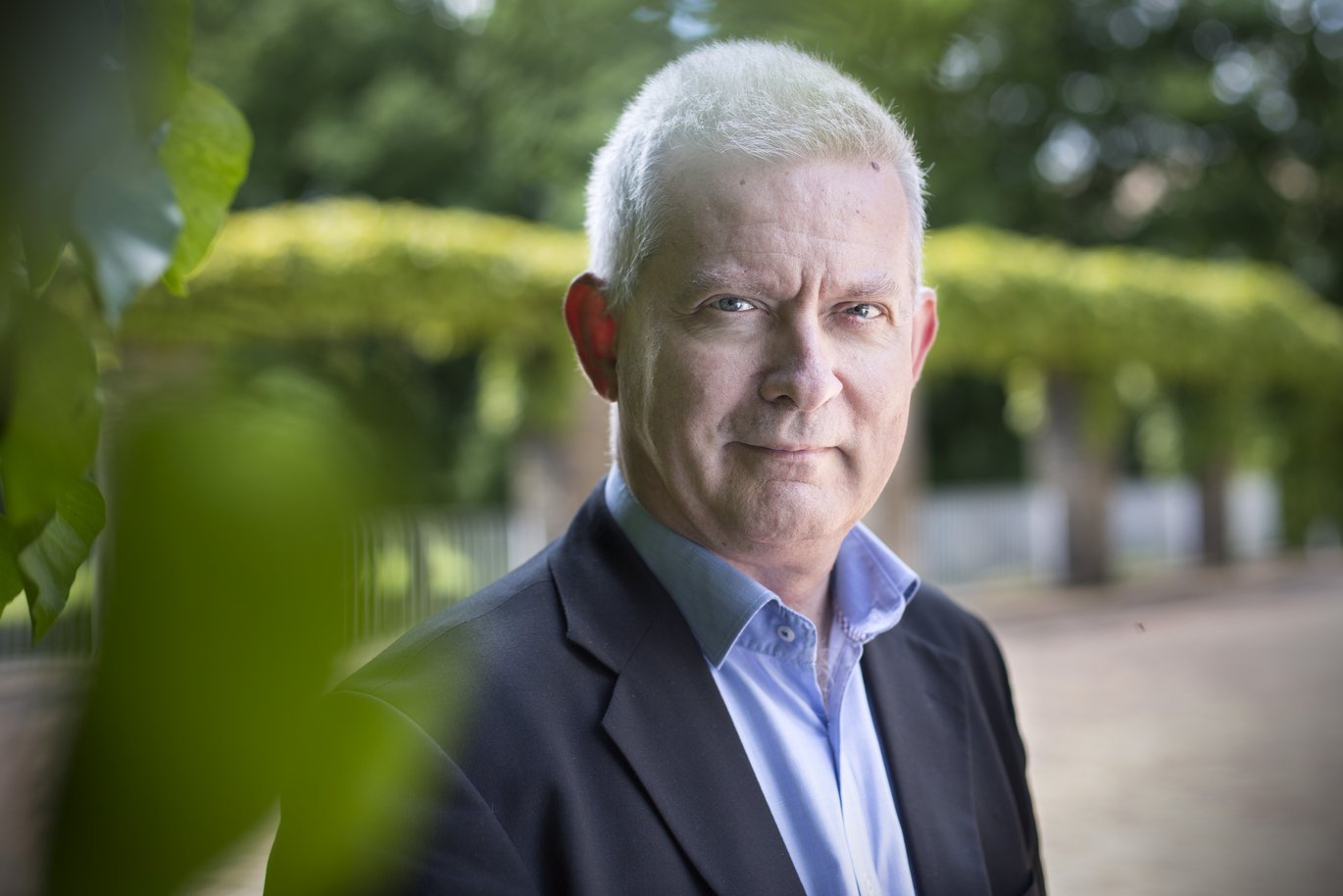Newsletter from the dean

Dear all,
As announced in the last newsletter, AU and the Faculty of Arts are facing a number of financial challenges in 2022 owing to a decline in admissions, the relocation of degree programmes, a drop in student FTEs, extremely high energy prices and problems in the global economy. As a result, we have been forced to bring forward the long-term financial adjustments which we need to make. The senior management team also announced a partial freeze on recruitment in September.
We have now received the figures for October. Unfortunately, they show that student admissions are far lower than expected.
The following four factors will have consequences for the faculty’s financial situation:
1. This year’s admissions and the figures for October were not as high as we would have liked, or as high as we expected.
2. The level of admissions this year means that the adjustment to allow for the geographical cap on enrolments has already been achieved – and achieved much faster than we expected.
3. The decline in student FTEs means that we are now facing a shortage of funds, a situation which will probably continue in the years ahead if the current pattern continues.
4. The global economy – increasing electricity prices and inflation are generating huge costs for the whole of AU at the moment. The university will probably suffer an annual deficit in the years ahead, leading to a demand that we make an annual profit in subsequent years to restore our equity capital.
All in all, the faculty is facing a loss in its financial reserves rising to more than DKK 50 million per annum in 2030, which is about 5% of the faculty’s total budget.
Our different schools have different points of departure – so the way in which savings are made will vary, as well.
For many years now, the School of Communication and Culture has attracted a lot of students – so its FTE account has been very healthy. The school has been able to appoint an increasing number of tenured academic staff – as well as supporting DPU, which has been working to balance its books for a number of years. Throughout this period, DPU has been trying hard to reduce its structural deficit. The School of Culture and Society has a large number of small programmes, and its financial situation has fluctuated for a number of years – although the school has more or less broken even. The school has made a small profit in some years, and a small deficit in others.
When the geographical cap on enrolments was phased in, with its demand for rapid application to Master’s degree programmes, it was obvious that DPU would be hit by a reduction in its financial reserves more rapidly than the other two schools. This was why it was announced after the summer holiday that DPU would have to find savings of DKK 15 million per annum before 2025. Unfortunately, it now looks as if the School of Culture and Society will also suffer a considerable reduction in financial reserves in 2022 and 2023. The School of Communication and Culture will probably continue to balance its budget for a couple of years more, after which it will experience a reduction in financial reserves just like the other schools. All three schools are facing major financial adjustments, so each school now needs to focus on achieving the required balance within its own budget. This challenge does not change our expectations with regard to 2030. The main consequence is that the loss of income will have to be incorporated more rapidly than expected.
All the faculties at AU will be affected
The geographical cap on enrolments will hit the Faculty of Arts particularly hard, but the financial challenge arising owing to the reduction in admissions will affect the whole of AU (ARTS and BSS in particular). The decline in FTEs will also affect AU as a whole (ARTS, BSS and NAT in particular). The negative result in terms of financial items will affect all the faculties at AU, with the extremely high prices of electricity in 2022 affecting NAT, TECH and HEALTH in particular. In other words, AU doesn’t have the financial reserves needed to support the Faculty of Arts. The current financial challenges mean that the faculty needs to make immediate savings, as well as adopting a long-term, structural approach to the task of shoring up our finances in the years ahead.
Government proposal for one-year Master’s degree programmes
On top of all this, at the end of September the government announced a proposal to reform the structure of Danish universities, introducing three different paths leading to a Master’s degree. This proposal is based on a recommendation presented by the reform commission focusing on the innovation of Master’s degree programmes in Denmark. The government proposes that a reform committee should be set up involving the universities, the business community, students and ministries to decide which degree programmes should be reformed. Naturally, we will be keeping a close eye on this proposal, and I will be informing you of new developments in my newsletters. But it is important to underline that the proposal has not yet been adopted. I have expressed my criticism of the proposal in a variety of media. Link to Omnibus: https://omnibus.au.dk/arkiv/vis/artikel/klumme-arts-dekan-kritiserer-regeringens-udspil-om-etaarige-kandidatuddannelser-er-lyset-for-de-laerde-blot.
The most important thing right now is to find out what our faculty will look like in future following the cap on enrolments and the relocation of degree programmes. It’s worth adding that a task force for the humanities under Universities Denmark is currently working on its recommendations for the future of the humanities. These recommendations should be available in mid-2023. We will of course do what we can to influence the reform proposal; and if some of our Master’s degree programmes are reduced by half, we will just have to cope as well as we can and limit the damage as much as possible.
The faculty is facing a difficult situation. But we’ve dealt with difficult situations before now. And the way forward is the same as it has always been: we need close collaboration between the schools and within the faculty management team. We have taken the first steps towards meeting this challenge. The overall picture for the faculty as a whole will become clearer at the end of October, once a new four-year budget has been presented. I will get back to you with more news once this has happened.
Best wishes,
Johnny Laursen, Dean

